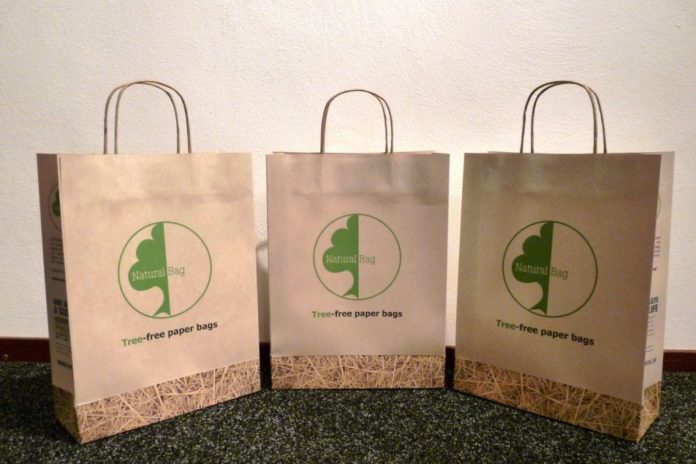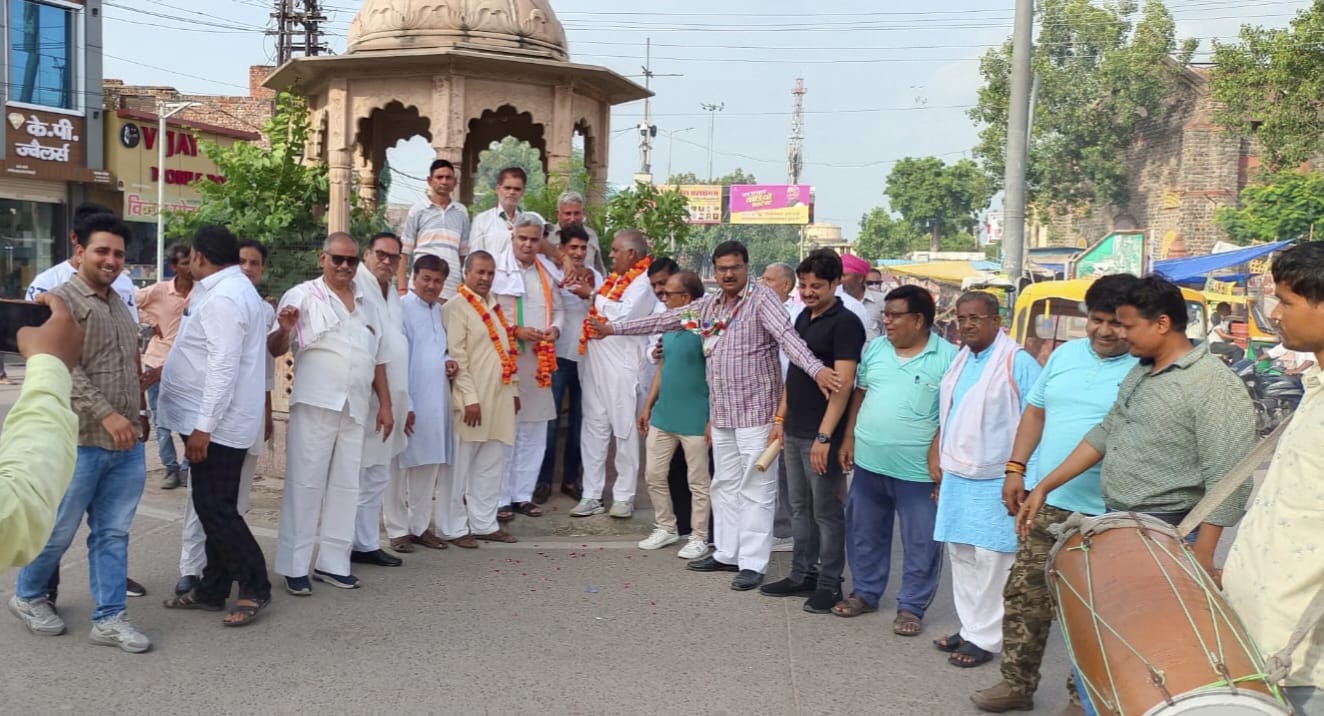

Gone are the days when we would see plasticware littering around Rajasthan. No more plastic bags flying across the streets! No more air pollution and animal deaths due to plastic consumption! Rajasthan is all set to fend off plastic: a threat to the environment, human and animal life. Rajasthan government banned plastic bags in shops, malls, and mandis in the first quarter of the year. Now, as per the reports suggest, the authorities are likely to replace non-perishable polythene with biodegradable bags made of corn starch fiber—a cost-effective strategy of recycling waste materials.
After banning polythene bags for commercial use, it became necessary to provide a cheap and handy substitute to the consumers. Biodegradable bags seem to be the best available option. They neither deteriorate the environment, nor obstruct the gastro-intestinal tract of animals, if swallowed. ‘Eco friendly’ and ‘Cheap’ is how we best describe them.
Following extensive studies and field tests, Rajasthan government will introduce a sturdy, average-sized bag costing between Rs 1 and Rs 0.50. The bags are made of 100% natural, starch-based, easily degradable products. A few officials from the state environment department reported the use of similar bags in other states like Madhya Pradesh. Hopefully they’ll produce positive outcomes in Rajasthan too.
On a positive note, the CIPET (Central Institute of Plastic Engineering and Technology) as well as other third-party testing agencies in India and other countries have certified the bags. Many Indian states produce and supply biodegradable bags, except Rajasthan. For now, the authorities will import bags from other states. Once they get popular, the state will facilitate in-house manufacturing to trim down the costs. Rajasthan environment department will rope in local textile associations for partnerships.
The state is planning to introduce bag vending machines that will dispense degradable cloth bags in different cities. These ‘bag ATMs’ will be set up near shopping complexes, malls and vegetable mandis.
For those who don’t know, the government has intensified its fight against plastic. Recently, the Jaipur Municipal Corporation has launched a massive drive to discourage plastic consumption in Rajasthan. The government had imposed a ban on manufacture, sale, transport and use of carry bags back in August, 2010.
The offenders flouting norms are liable to pay the penalty amount (Rs 1 lakh) or five years of imprisonment. Frequent offenders will have to pay Rs 5,000 on a daily basis.








